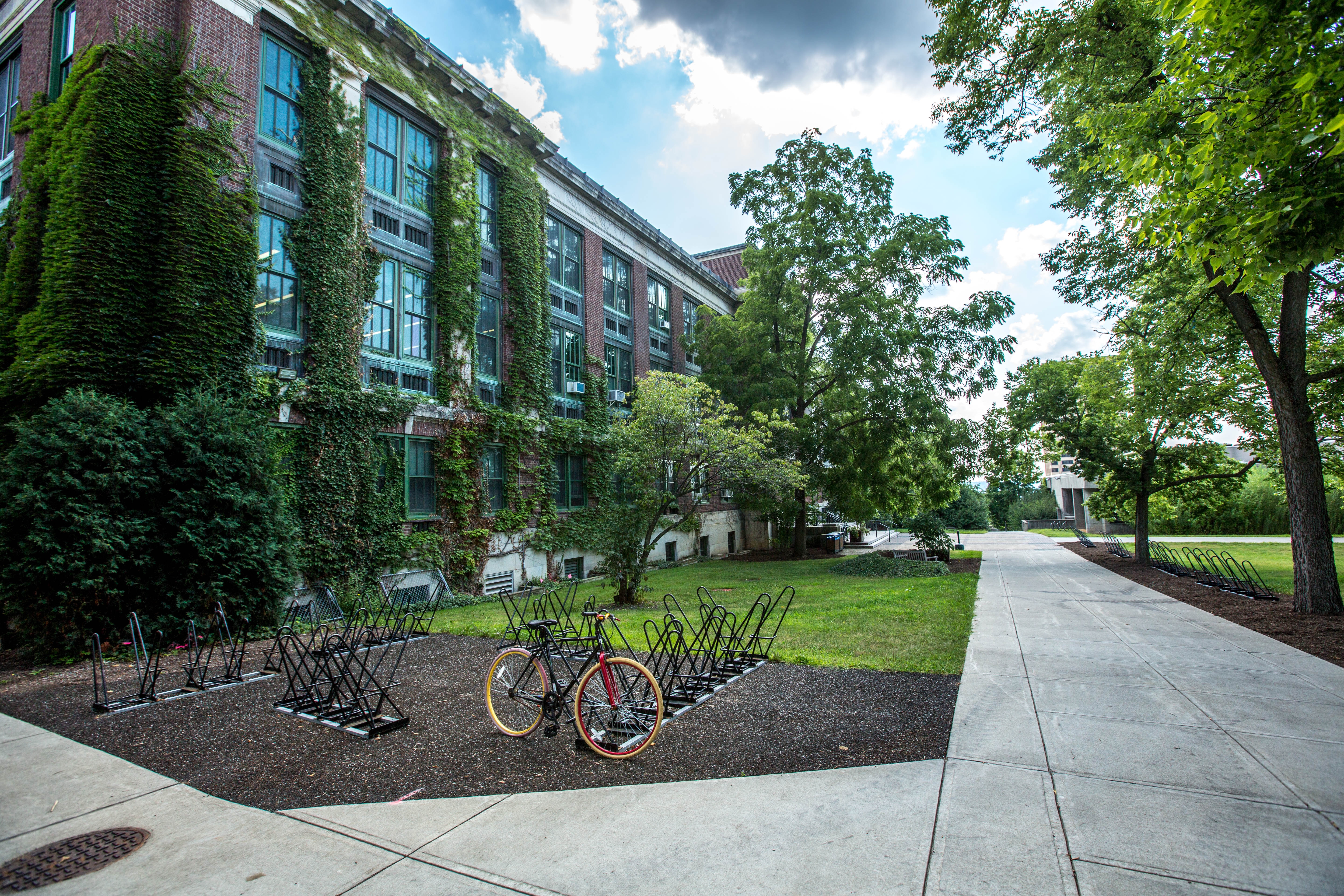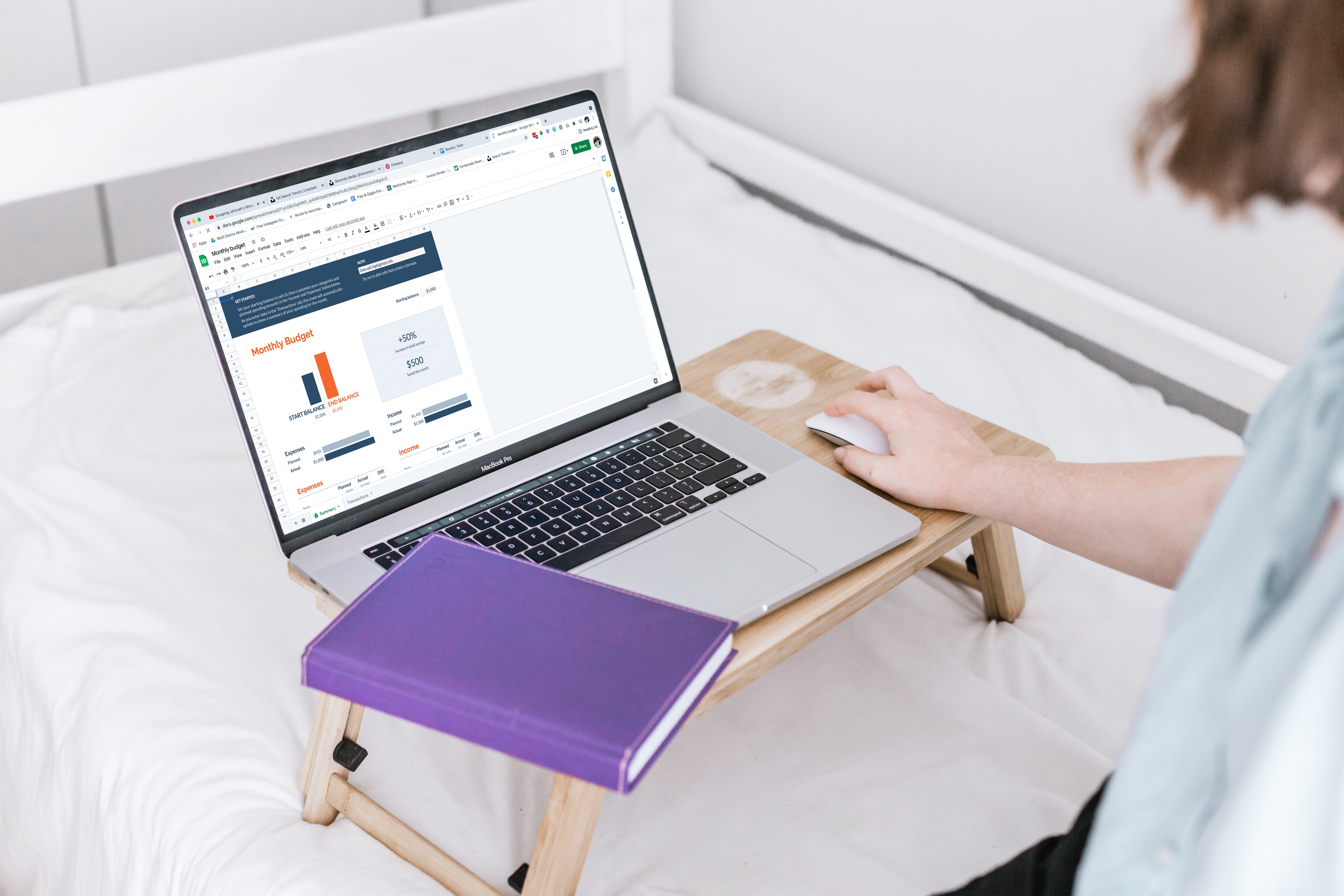Ultimate Budgeting Tips for Studying Abroad to Keep You Thriving


Can’t wait to make new friends, embrace your main character moment, and explore a new city as your home for the next few years? Studying abroad is no doubt exciting and promising! Not only do you learn to be more independent, you get to pursue your academic goals and experience living like a local in a foreign place.
Although we don’t want to burst your bubble, studying abroad does come with the likelihood of increased expenses—from daily living costs to rental fees, the spending game can vary depending on where you’re going. For example, a meal at a Singapore hawker could be around SGD$10, but an average meal in another country might cost more, and that’s just one aspect of your daily expenses.
If you’re not careful, you might find yourself breaking the bank. It’s not easy planning your finances but here are some ways to stay thrifty and enjoy yourself during your study abroad!
Accommodations

In order to live out your study abroad dreams, you have to first find a place to call your own. Picking the right accommodation is important because your rent takes up a huge proportion of your budget, apart from your tuition fees.
Whether you’re choosing between student hostels or homestays, prioritise proximity to your school and compare prices. You might want to consider opting for a place closer to campus even if it costs you a little more. While the cheaper option sounds like the obvious choice, daily commuting expenses can really add up! Plus, if you’ve had a really tiring day, taking ages to travel home isn’t the most ideal.
Don’t forget to watch out for sneaky costs, like laundry or electricity. If you’re staying in a homestay, you might luck out with a washing machine included—which means that you probably only have to pay for detergent. But do keep an eye out for cleaning fees from homestay hosts too! On the other hand, student hostels might charge you for each laundry load.
Daily necessities
We’ve all heard the term “broke student” and there’s a reason for that. Being a student might not come with a hefty bank account, but here’s a silver lining: you’re eligible for the most perks and discounts! Don’t underestimate the small savings from daily essentials—they can be substantial in the long run.
1.Transport
Transport costs can seem insignificant on a daily basis but they definitely add up. Many countries offer student rates for train and bus tickets or even concession passes that are heavily subsidised.

2. Telecom
Being miles away from home means more phone calls to loved ones. International calls can be pricey, but messaging apps have made it easier to connect via the internet. Look for a cost-effective phone plan with sufficient data for video and phone calls, so that you can stay connected while staying within budget.
3. Groceries
The key to saving money is mastering basic cooking. But the real trick? It’s all about being grocery savvy.
Don’t overestimate how often you’ll cook—there will be days where you’ll eat out or when leftovers happen. A good way to avoid bursting your grocery budget is to plan meals for the week and make a shopping list. Here’s a pro-tip: grab frozen meats! They last longer and pack the same nutrients.
Remember to apply for supermarket membership for discounts to help you save too!
4.Laundry
Laundry costs might not be as cheap as you think, especially at a student hostel where each load comes with a fee. Do your due diligence and check on the price of each load and wash in bigger loads to save detergent and money.
If you’re in a country with a colder climate, consider rewearing your clothes too (if they still smell fresh)—smart moves for your wallet!
Travelling around
Semester breaks are prime time to explore your new home. But before you start making travel plans, take the time to research months in advance and secure budget-friendly train or flight deals for your short getaway. For instance, if you’re studying in Great Britain, consider the 16-25 Railcard which gives you one-third off rail fares for a whole year!
You’re likely to spend more on a holiday trip, so plan a reasonable budget by breaking down expenses for various categories such as food, shopping and sightseeing before scooting off. Pack light using a carry-on duffel or backpack so you can save on extra flight baggage fees too.
Lastly, bring your student card everywhere to get discounts at museums, attractions, or even retail outlets! Your bank is going to thank you (a lot).
Create a spending budget for yourself

Budgeting is a student’s secret superpower. Taking into account all the mentioned expenses, start creating a monthly budget—encompassing everything, from groceries to transportation, even your daily cup of joe! You might be surprised by how much those coffee runs add up.
Jotting everything down can be a hassle. Try handy budgeting apps that can make your budgeting journey smooth and easy. Don’t forget to set aside an emergency fund after accounting for all your essentials too. Now, you’ll be financially well-prepared to take on your study abroad.
Studying abroad
Studying abroad is like unlocking a world of adventure, growth and resourcefulness, but let’s face it—life can be pretty unpredictable. While you're busy exploring new horizons and embracing cultures, unexpected bumps can pop up.
That’s where MSIG Global Study comes in—it’s your trusty travel companion while studying overseas. It provides you with comprehensive coverage for loss of personal belongings, loss of baggage on air transport and even alternative accommodation. Not only does it protect your travels, it also provides up to $150,000 coverage in the event of accidental death and permanent total disability.
It can be daunting to pick up the pieces on your own especially when you’re away from your loved ones at home. Having comprehensive coverage serves as a reliable safety net, providing peace of mind so that when trouble arises, financial relief will be the least of your worries.
Enjoy your study abroad to the fullest while feeling secure with MSIG Global Study: https://www.msig.com.sg/personal-insurance/global-study
*Cover and limits based on Premier Plan.


